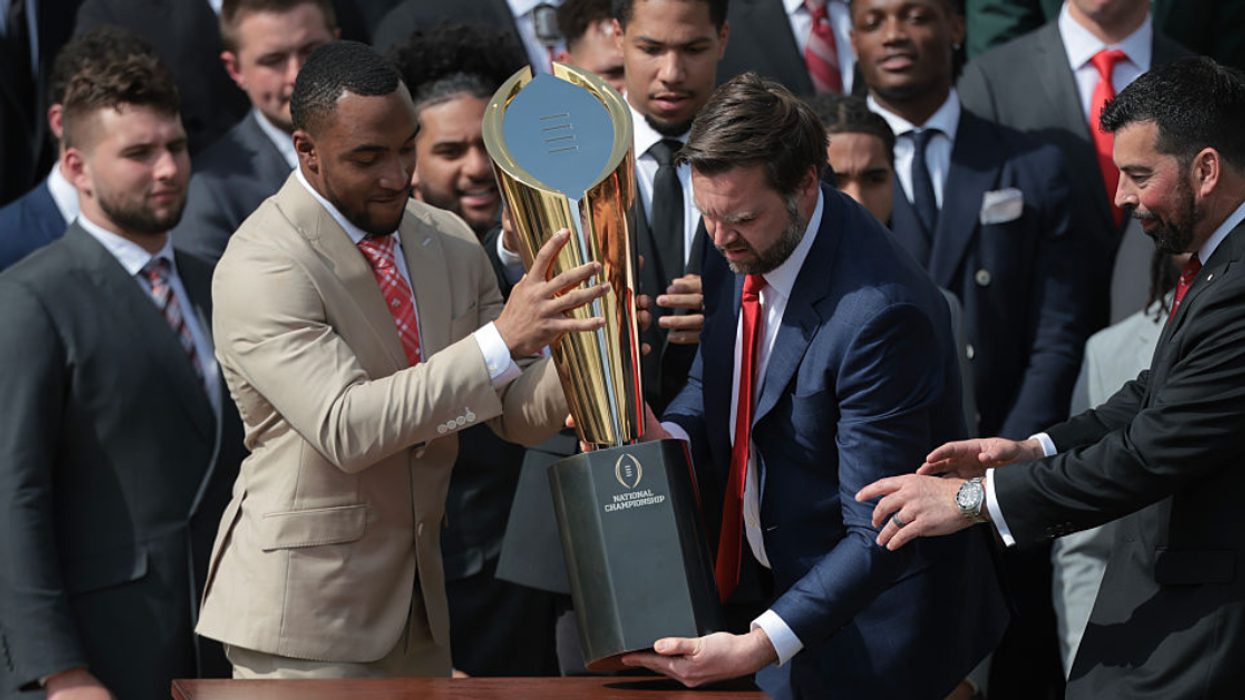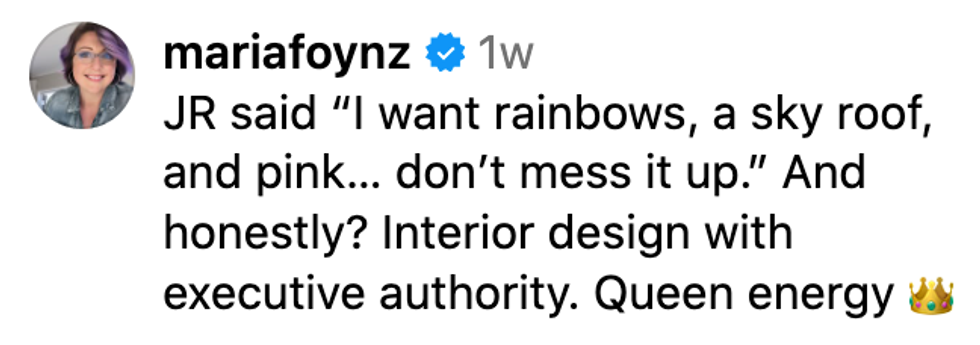In a recent appearance before the Shelbyville Area NAACP, Kentucky State Representative Jennifer Decker, a Republican, sparked controversy by describing her white father as a "slave" during a discussion about her proposed legislation to ban diversity and inclusion programs in schools.
Decker has been an advocate for defunding such initiatives, arguing that they contribute to division and increased expenses in colleges and universities.
During a Q&A session, an audience member asked Decker about her family's involvement in the slave trade. In response, Decker stated:
“My father was born on a dirt farm in Lincoln County. His mother was the illegitimate daughter of a very prominent person who then was kind enough to allow them to work for him as slaves.”
“So, if you’re asking, did we own slaves? My father was a slave, just to a white man and he was white.”
In a subsequent interview, Decker explained that her father was born into poverty, and a prominent individual allowed her family to work on his property.
She acknowledged that her earlier statements might have been "overstated" but emphasized that she did not equate her father's experience with historical slavery:
“Was I saying that it was kidnapping and abuse the same as the slaves? No. He was a child and his family all worked there.”
Her remarks appear to conflate slavery with sharecropping, an arrangement wherein a landowner permits a tenant to utilize the land in exchange for a portion of the crops generated from that land.
Following the Civil War, Southern landowners were left with extensive land but lacked liquid assets to compensate for labor. Many individuals, formerly enslaved and now referred to as freedmen, had no land or assets and needed employment to sustain their families.
Consequently, a sharecropping system emerged, focusing on cotton, a significant cash crop. Plantations were divided into smaller plots for sharecroppers to cultivate. Initially, the majority of sharecroppers in the American South were formerly enslaved Black individuals, but over time, financially strained white farmers were also incorporated into the system.
Decker's remarks were harshly criticized.
The proposed bill by Decker aims to defund diversity, equity, and inclusion offices and training programs, as well as prohibit race-based scholarships at public colleges and universities in Kentucky. Critics argue that such measures could hinder progress toward addressing systemic inequalities.
Republicans nationwide have been working to diminish the significance of Black enslavement, aiming to eliminate DEI initiatives and critical race theory (CRT) from school curricula for an extended period. It's crucial to note that CRT is a legal scholarship framework and is not being taught to young children.
Nevertheless, as highlighted by a columnist from the Louisville Courier Journal, remarks such as those made by Decker underscore the importance of schools imparting diverse educational content regarding the authentic history of slavery and racism in the United States—an objective directly opposed by Decker's actions.















 @blessedles3/Instagram
@blessedles3/Instagram @lorna_lmw_87/Instagram
@lorna_lmw_87/Instagram @jlynn.xoxox/Instagram
@jlynn.xoxox/Instagram @socy.ward.clark/Instagram
@socy.ward.clark/Instagram @mariafoynz/Instagram
@mariafoynz/Instagram @photowestco/Instagram
@photowestco/Instagram @aplaceinthe_sun/Instagram
@aplaceinthe_sun/Instagram @koltnavaro/Instagram
@koltnavaro/Instagram @smarta007/Instagram
@smarta007/Instagram @heidikansss/Instagram
@heidikansss/Instagram @k.hancock/Instagram
@k.hancock/Instagram @jesse_lynn_81/Instagram
@jesse_lynn_81/Instagram @porche.riley/Instagram
@porche.riley/Instagram


 @realDonaldTrump/Truth Social
@realDonaldTrump/Truth Social @realDonaldTrump/Truth Social
@realDonaldTrump/Truth Social